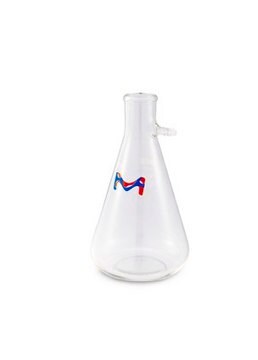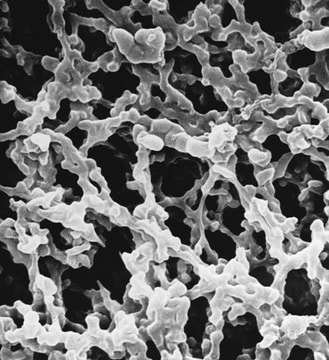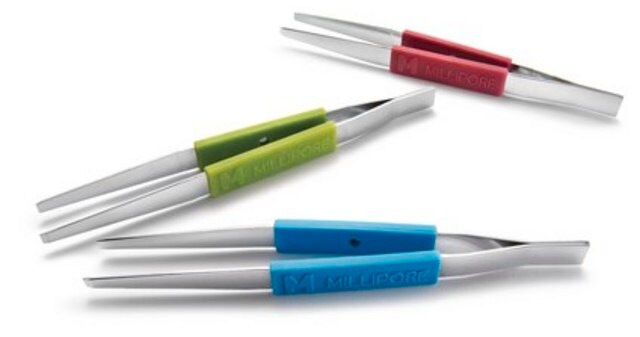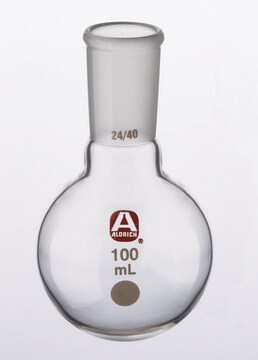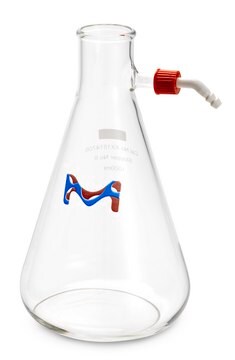ZFA100001
A10® TOC Monitor
suitable for water monitoring
Sign Into View Organizational & Contract Pricing
All Photos(1)
About This Item
UNSPSC Code:
41104200
eCl@ss:
33050190
NACRES:
NA.21
Recommended Products
packaging
pkg of 1 unit
application(s)
water monitoring
shipped in
ambient
Related Categories
General description
A10® TOC Monitor can be used for the accurate online measurement of total organic carbon (TOC) content in ultrapure water delivered by Milli-Q® water purification systems without a built-in TOC monitor. It is compatible with any high purity water laboratory system.
Application
A10® TOC Monitor is an ideal accessory for use in water monitoring. It is reported for use in the measurement of TOC/organic content in purified water and in water used as eluent in LC-MS studies.
Features and Benefits
- High accuracy enabled by complete oxidation of organics to their end-point reaction, attributed to oxidation and conductivity measurements occurring within the same cell.
- Range (1 – 999) and precision passing USP & EP suitability tests according to Milli-Q® Quality Assurance System standard procedures and specifications.
- Traceability of measurement equipment is performed as per the Milli-Q® Calibration System. Certification of calibration is provided to comply with the industry requirements. A10® TOC Monitor can be recalibrated at user request and has been designed to take into account the suitability test requirements as specified in USP <643>.
Legal Information
A10 is a registered trademark of Merck KGaA, Darmstadt, Germany
Milli-Q is a registered trademark of Merck KGaA, Darmstadt, Germany
Certificates of Analysis (COA)
Search for Certificates of Analysis (COA) by entering the products Lot/Batch Number. Lot and Batch Numbers can be found on a product’s label following the words ‘Lot’ or ‘Batch’.
Already Own This Product?
Find documentation for the products that you have recently purchased in the Document Library.
P W M H Smeets et al.
Water research, 40(17), 3239-3248 (2006-08-30)
To determine the disinfection efficacy of ozonation, water companies can apply several disinfection calculation methods. The goal of this study was to evaluate the use of the T10 and continuous stirred tank reactor (CSTR) method to extrapolate inactivation rates of
Our team of scientists has experience in all areas of research including Life Science, Material Science, Chemical Synthesis, Chromatography, Analytical and many others.
Contact Technical Service